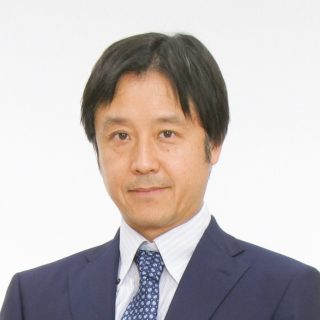Message
Message
Shibata Lab aims to understand humans and societies as a system that keeps learning and adapting, and to configure a supporting system based on such understanding, intending to return profits to our society. To this end, we promote researches with international acclaim.
According to the research theme, students can learn required knowledge from intelligence robotics, machine learning, biosignal processing, neuroscience, and other areas. Our major R&D themes are “Understanding the mechanics of human clothing assistance skills and transfer to a dual-arm robot” from intelligence robotics, “Development of a phenotype recording and mining system for discovering individuality” from a integrative region with neuroscience and biology, and the “Development of infrastructures to make a city with active seniors through IoT” from social implementation. We also study the prediction of motion intention from myoelectric signal and motion signal, which is highly evaluated worldwide. Our research facilities are more than sufficient to promote global standard researches.
We actively cooperate and exchange with researchers from various areas, the private sector, and the public sector, to address problems of a super-aging society together. We also expect to produce talent who are capable of social innovation by originally adapting engineering and using scientific understanding, incorporating incorporate hypothesis creation, planning and conduct of behavioral experiments, statistical data analysis, and the configuration of an adaptive intelligence system. In particular, social creation in the terms of smart-life care is our emphasis. I started up Smart-Life-Care Society Creation unit at Kyutech, became a member of the working group of Kitakyushu City that goes forward with care robot introduction and demonstration projects, and have worked, joining hands with those concerned, on a stream of advanced projects we boast to the world, here in Kitakyushu.
In addition, our lab makes great efforts in nurturing human resources on a global level. As you see on Lab Members, about half of our students are from overseas widely from India, the Philippines, Mexico, and Russia. In 2015, I started Global AAR course in our faculty and still serve as its manager.
In our lab, students do not simply learn science and technology. Both inside and outside Japan, we live in a time of uncertainty. I have been trying to make arrangements for them to develop strength to get through the time, make a better world, or create a new world, through researches and social implementation. If you are interested, let’s work together in our lab! We’ll be waiting for you.
Profile
Last update on 04/1/2021

